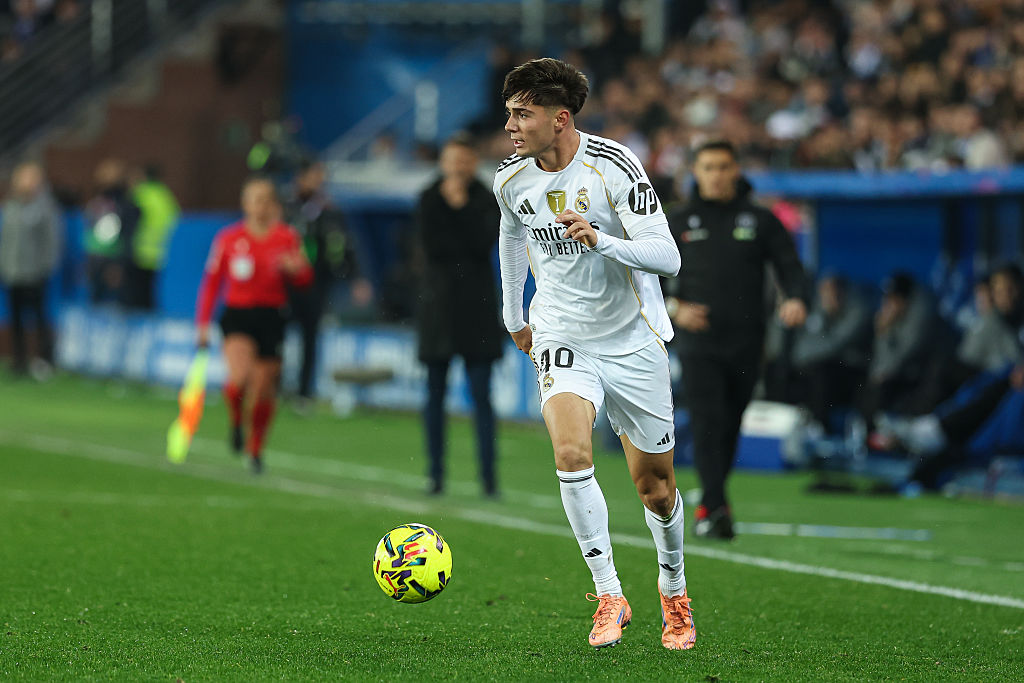How does Ole Gunnar Solskjaer compare to his Manchester United predecessors?
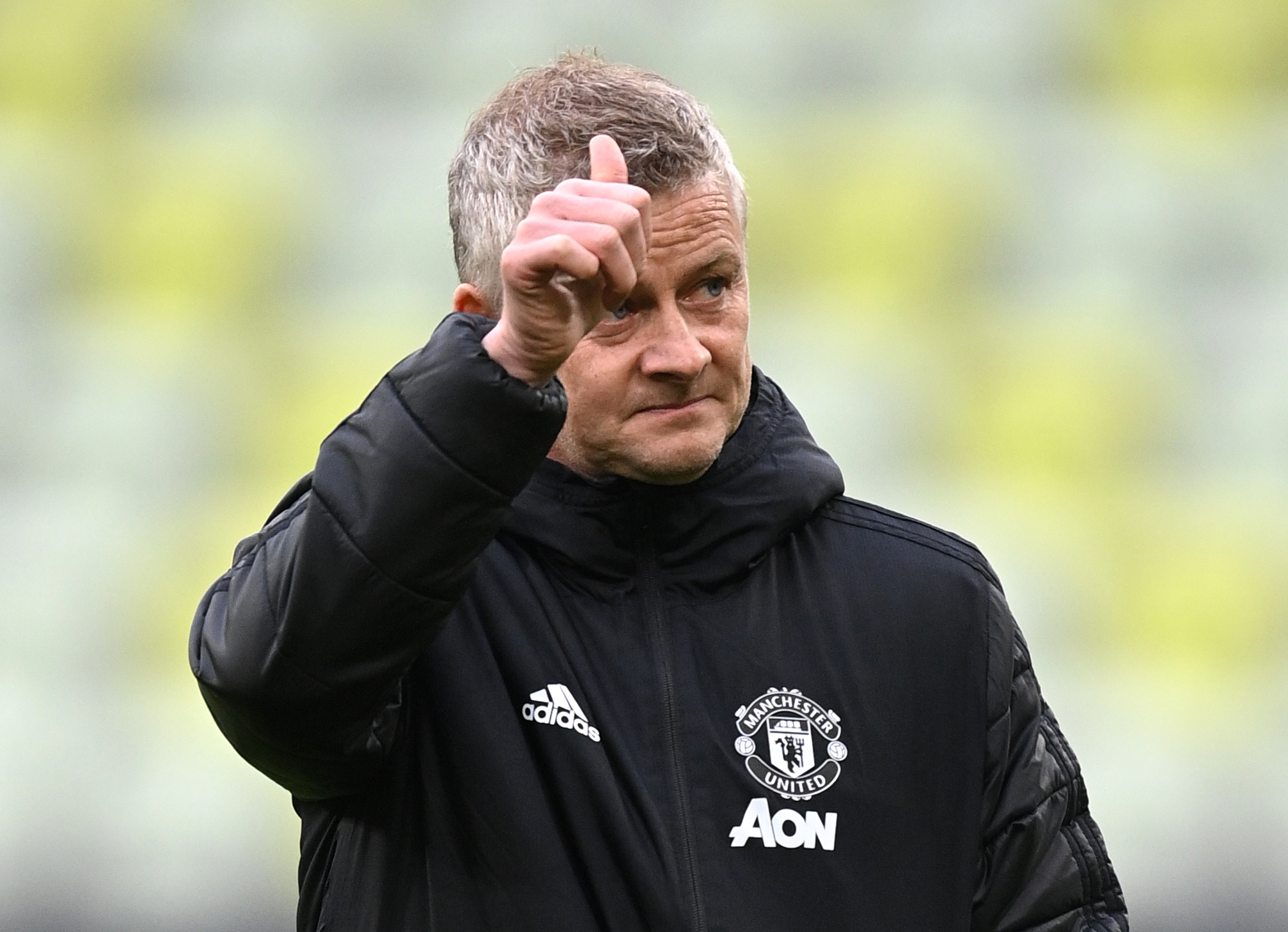
Ole Gunnar Solskjaer has committed his future to Manchester United until at least 2024.
The PA news agency takes a look at how the Norwegian and the club’s other managers have got on in the Premier League since Sir Alex Ferguson stood down from the role.
David Moyes (2013-14) Matches: 34. Wins: 17. Draws. 6. Losses: 11. Win percentage: 50.0 per cent
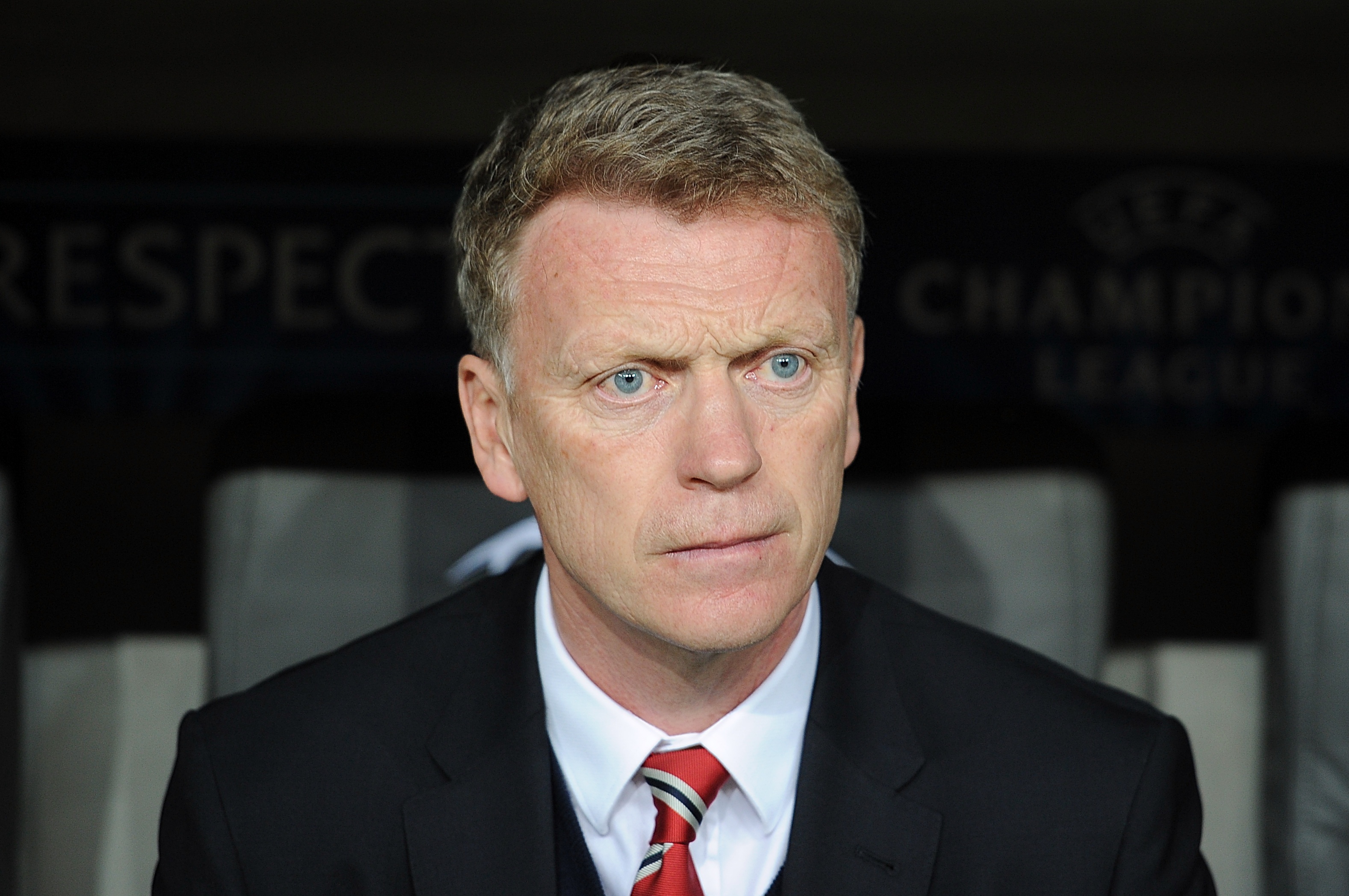
Ferguson called time on his medal-laden career in 2013, bowing out as Premier League champion – the 13th league title he had won as United boss. Moyes, a fellow Scot, was the man earmarked as the ideal successor but it quickly became clear that using the same approach and ideas that worked so well at Everton would not translate to Old Trafford. Moyes was sacked just 10 months into the job having only won half the league matches in charge of the reigning champions. Ryan Giggs took temporary charge of the final four matches of the season, winning two, draw one and losing the other.
Louis Van Gaal (2014-16) Matches: 76. Wins: 39. Draws. 19. Losses: 18. Win percentage: 51.3 per cent
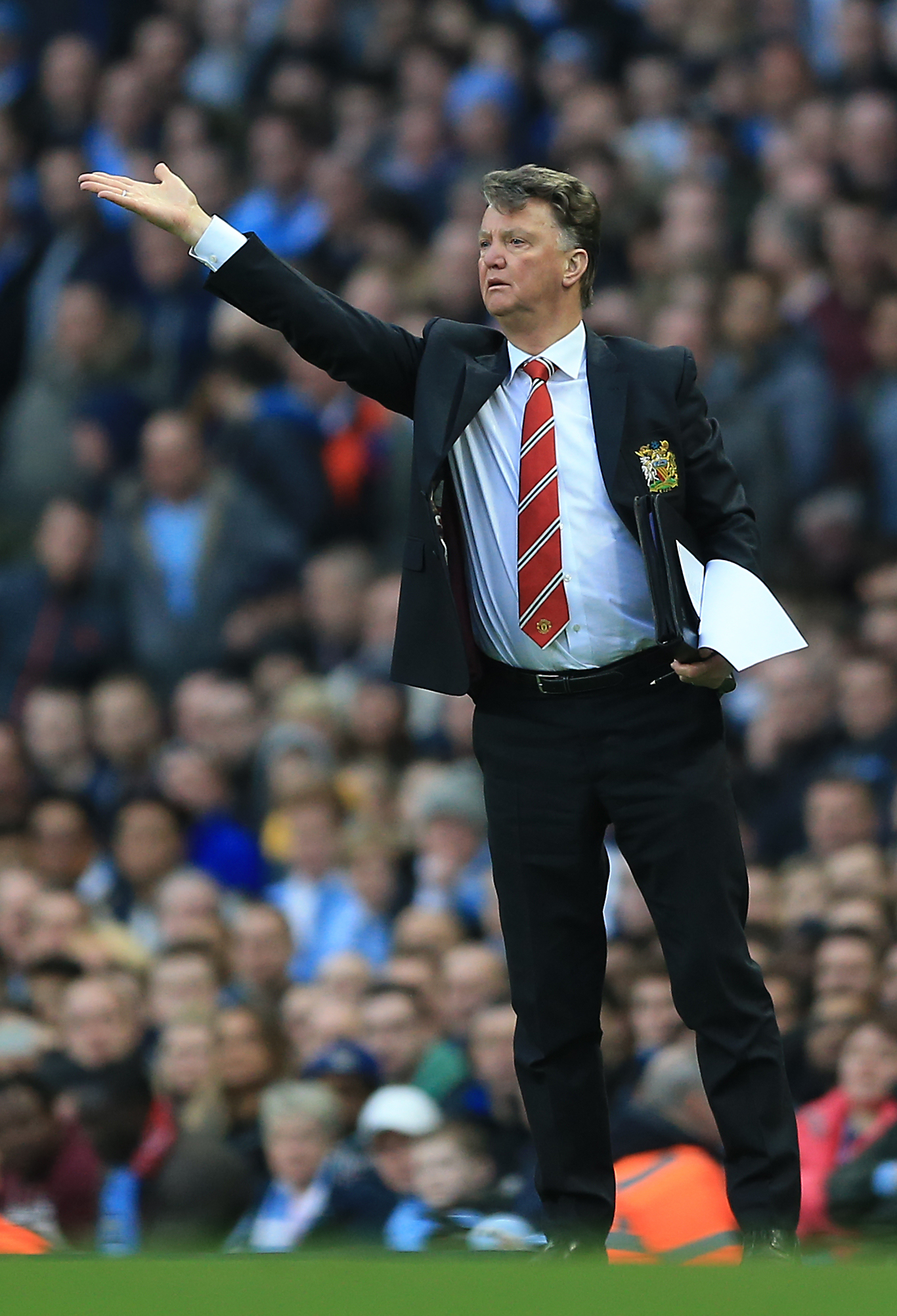
Needing an experienced figure to get United back on track the Old Trafford giants turned to experienced Holland boss Louis Van Gaal, who took charge after
leading his country to the 2014 World Cup semi-finals. The eccentric Dutchman brought smiles during his time in charge, but more down to his mannerisms, warmth and character than the on-field product. Van Gaal’s uncomfortable two-year residency was brought to an end just days after winning the FA Cup – success that was unable to mask poor Premier League performances in terms of style and substance.
Jose Mourinho (2016-18) Matches: 93. Wins: 50. Draws. 26. Losses: 17. Win percentage: 53.8 per cent
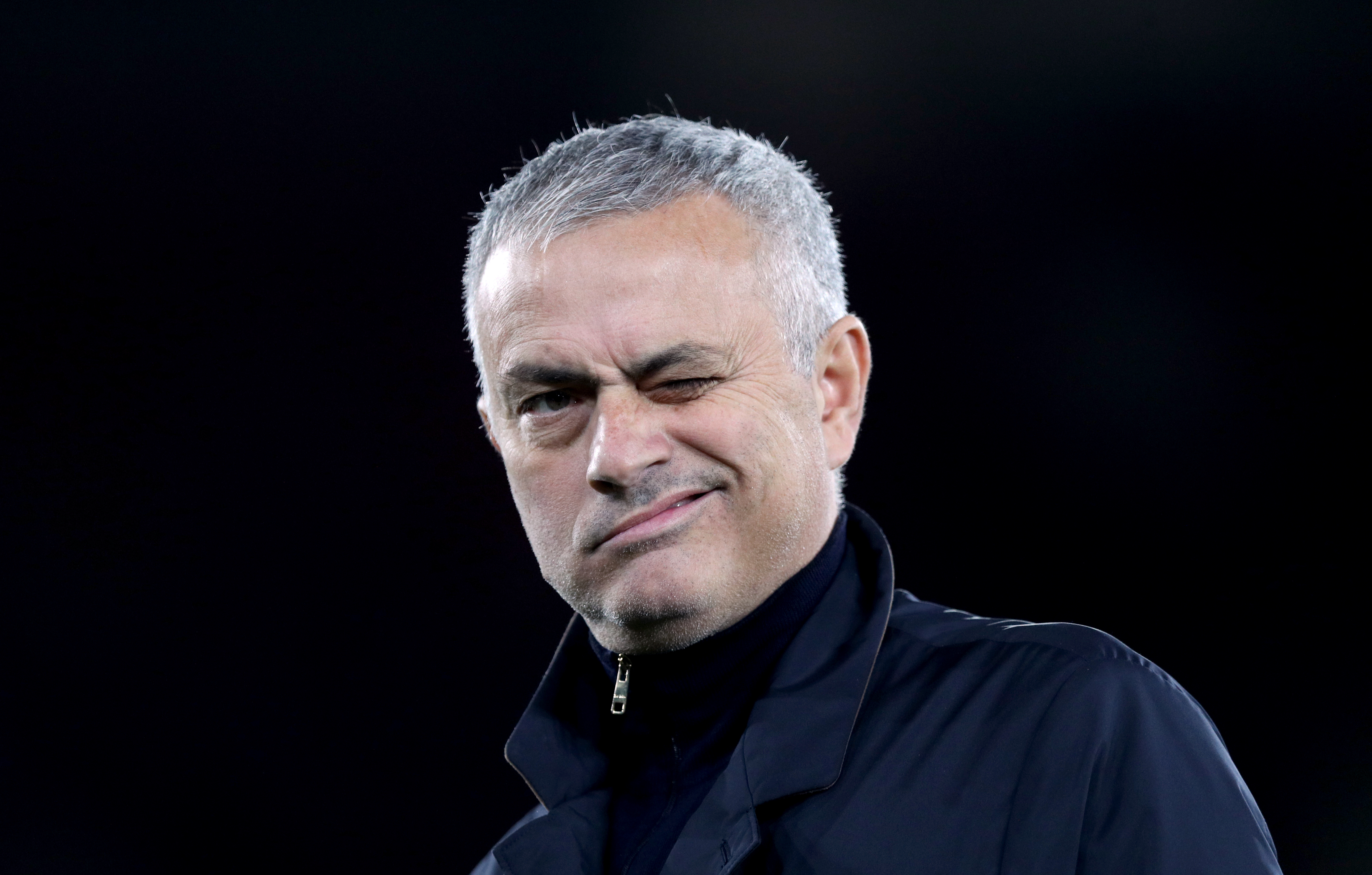
Having been overlooked for the job when Ferguson retired, the Portuguese finally got his shot in 2016 and became the first manager in United’s history to win a major trophy in his maiden season. Those Europa League, EFL Cup and Community Shield successes were followed by finishing runners-up in the Premier League and FA Cup in 2017-18, but the following campaign went awry from the outset. United had their worst points return after 17 matches in the Premier League era, with the chastening 3-1 loss at Liverpool in December 2018 proving the final straw.
Ole Gunnar Solskjaer (2018-present) Matches: 151. Wins: 84. Draws. 34. Losses: 33. Win percentage: 55.6 per cent
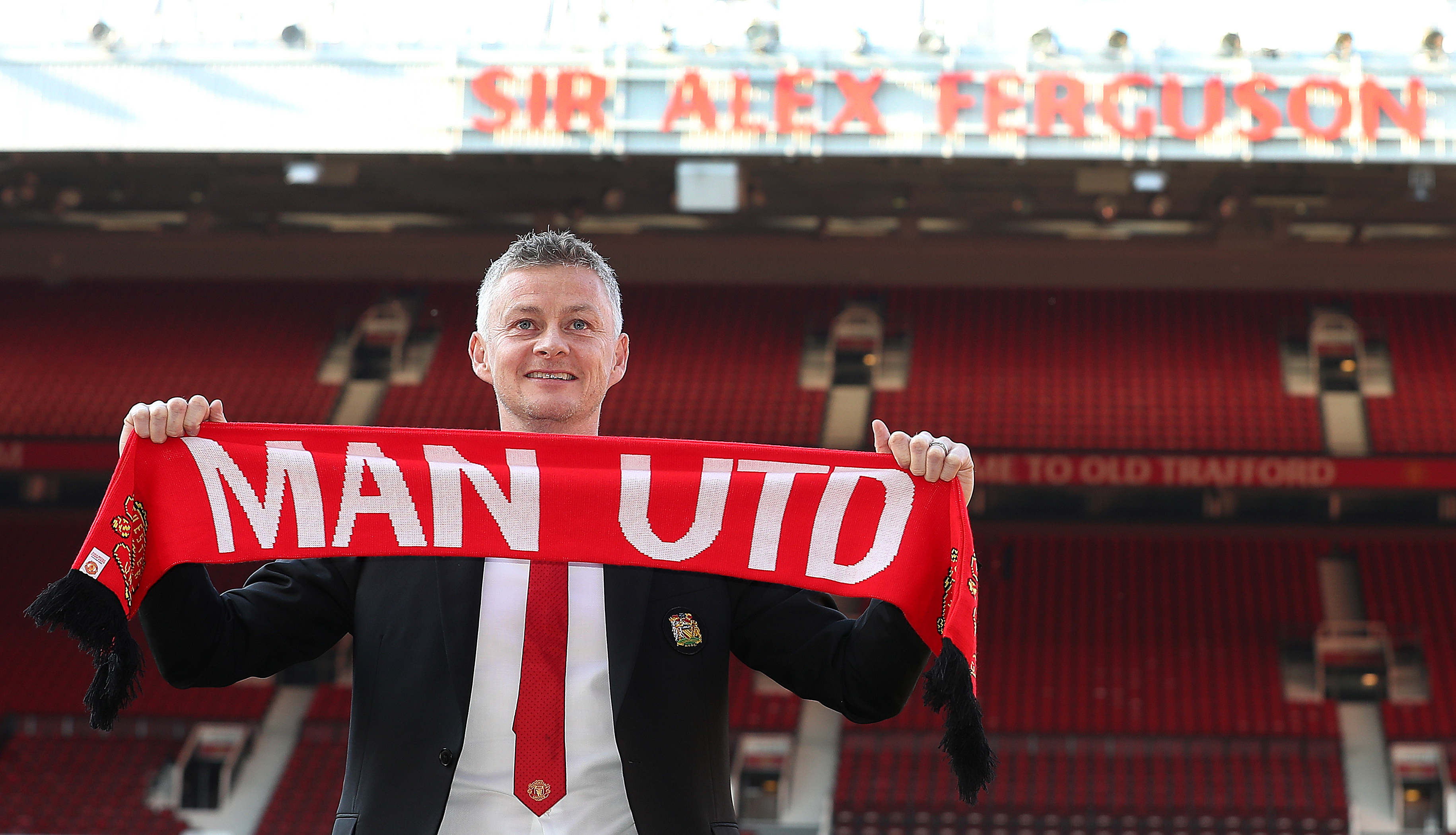
Eyebrows were raised when the fan favourite returned to his former club as temporary successor to Mourinho, having been given the green light by Molde to take charge for the remainder of the 2018-19 campaign. An outstanding interim stint led Solskjaer to take the job on a full-time basis in March 2019, with a dreadful end to that season followed by a promising 2019-20 campaign in which they finished third in the Premier League and reached three cup semi-finals. The 2020-21 season was his best yet, briefly challenging Manchester City for the title before finishing second while also making the Europa League final, Silverware still eludes him, but Solskjaer has the highest league win percentage of any manager to have followed Ferguson.
The best features, fun and footballing quizzes, straight to your inbox every week.
 Join The Club
Join The Club





